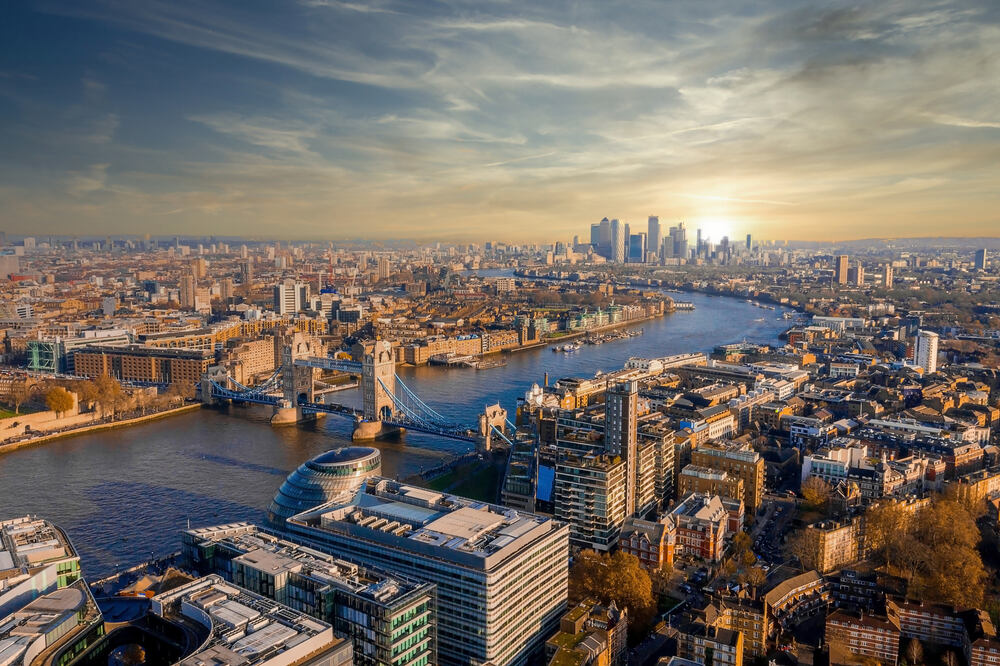The unemployment rate in the UK hit 3.7% in the three months to October, marking a 0.1% increase compared to the three months to September, data released Tuesday by the Office for National Statistics (ONS) showed.
Unemployment climbed during the period across all age groups, the office said. Despite the slight increase in the unemployment rate in the three months to October, ONS data recorded a year-on-year slowdown. However, it is still below pre-pandemic levels.
The data comes when regular pay increased by 6.1% between August-October, the strongest gain since records began in 2001. This excludes the jumps during the COVID-19 pandemic, as lockdowns and government support measures distorted the increases.
The economic inactivity rate, or the share of people not in work and not looking for it, fell during the same period to 21.5%. ONS attributed the drop to elders who previously considered themselves retired, but are now looking to work.
"This tallies with other data which suggest more people in their 50s are thinking of going back to work, at a time when the cost of living is rising rapidly," ONS statistician Sam Beckett said in a statement, .
The estimated number of vacancies fell by 65,000 in the three months to November, reaching 1.187 million, the ONS report stated. It noted that despite five consecutive quarterly falls, the number of vacancies remains at historically high levels. This decrease was attributed to uncertainty across industries, as ONS survey respondents citied economic pressures as a factor in holding back recruitment.
Pay increases are lagging behind inflation rates, taking a toll on households' purchasing power. Total and regular pay both fell by 2.7% in real terms (adjusted for inflation) over the year, according to ONS.
October's inflation in the UK touched a 41-year record high at 11.1%, driven by rising gas and electricity prices. This was a remarkable rise from the 10.1% reported in September 2022. It is also the highest annual consumer price index (CPI) rate in the National Statistics series, which began in January 1997.
In November, the BoE raised interest rates for the eighth time in less than a year. Central banks in most major economies are also raising their interest rates in a bid to tame the soaring inflation, caused by the war in Ukraine.
The UK economy is expected to shrink 0.4% next year as the cost of living crisis continues to hurt households and businesses, according to a forecast by the Confederation of Business Industry (CBI) released earlier in December.










